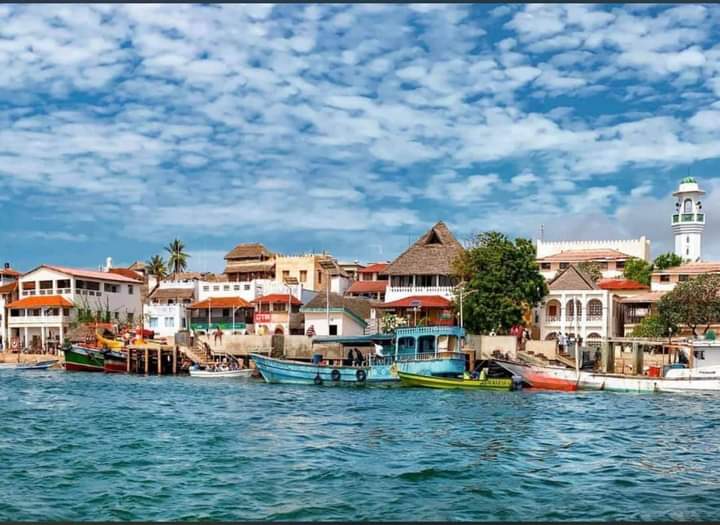
Lamu Marine Conservation Area Adventures
Lamu Marine Conservation Area safeguards critical marine habitats along Kenya’s northern coast, offering vibrant coral reefs and diverse marine life that make it a prime destination for snorkelers and eco-tourists.
About Lamu Marine Conservation Area

The Lamu Marine Conservation Area (LMCA) is situated along the northern coastline of Kenya, encompassing parts of Lamu Archipelago’s surrounding marine environment. It was established to protect the rich biodiversity of coral reefs, seagrass beds, mangroves, and endangered marine species within the region. The area covers a mix of shallow coastal waters and island lagoons, supporting extensive fish nurseries and habitats for sea turtles, dugongs, and numerous fish species, some commercially important. The conservation area also protects vital mangrove forests that stabilize shorelines and provide habitat for birds and juvenile fish.
Established in the early 2000s through collaboration between local communities, government agencies, and conservation organizations, the LMCA balances environmental preservation with sustainable livelihoods. Key activities include regulated fishing, community-led marine management, educational eco-tours, and snorkeling or diving expeditions. Visitors can experience thriving coral reefs with abundant marine life, including butterflyfish, clownfish, parrotfish, and vibrant coral gardens.
The Lamu Marine Conservation Area supports traditional fishing communities by promoting sustainable practices and reducing destructive fishing methods. The region’s rich cultural heritage, including proximity to the historic town of Lamu, adds to its visitor appeal.
While there are no formal hiking trails or developed campgrounds within LMCA itself due to its marine focus, boat tours, guided snorkeling, and small island visits offer immersive encounters with East Africa’s marine environment. Conservation efforts concentrate on protecting endangered species such as hawksbill and green sea turtles, and promoting awareness about marine ecosystem health. The LMCA stands as a key marine conservation site on Kenya’s coast, vital for ecological preservation and responsible tourism.
Highlights
Coral reefs teeming with diverse tropical fish species
Critical nesting sites for endangered sea turtles
Extensive mangrove forests supporting birdlife and nursery grounds
Traditional Swahili fishing villages integrating conservation efforts
Notable Natural Features
Coral Reef Ecosystems
Healthy coral reefs provide habitat for diverse marine species and attract snorkelers and divers.
Mangrove Forests
Mangroves stabilize the coastline, support bird populations, and serve as nurseries for fish and crustaceans.
Sea Turtle Nesting Sites
Several species of turtles, including hawksbill and green turtles, nest on nearby beaches protected by the conservation area.
